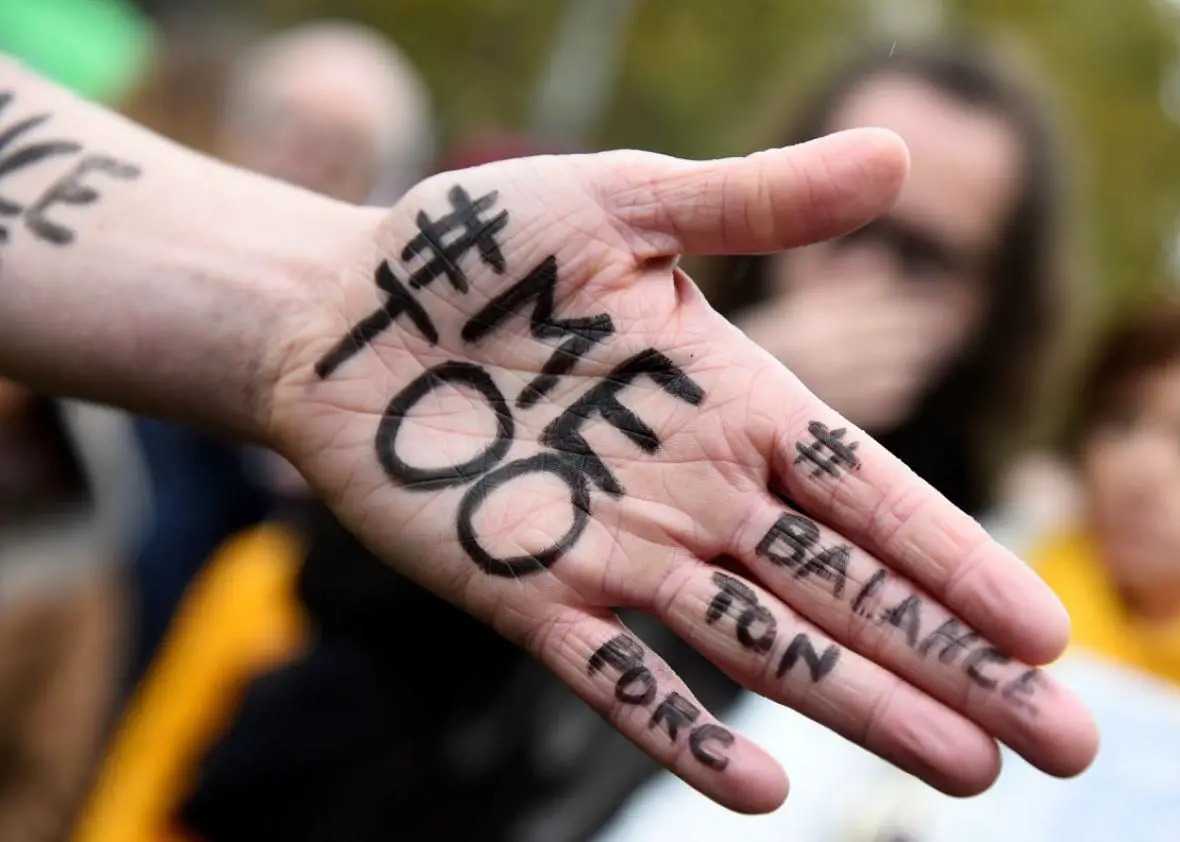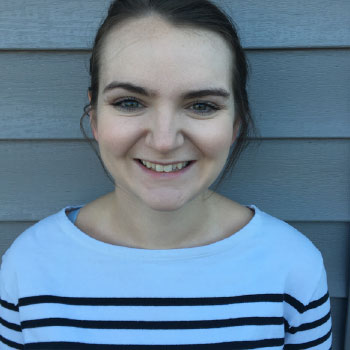You have probably heard of the social media campaign that took Twitter and then the entire Internet by storm just a few weeks ago. Millions of men and women from celebrities to athletes to us regular Joe’s used the hashtag “Me Too” to highlight sexual assault and give empowerment to the victims.
Many people probably think that “Me Too” originated from actress Alyssa Milano, the first person to use the hashtag on her Twitter: “If you’ve been sexually harassed or assaulted write ‘me too’ as a reply to this tweet.” However, these two simple words were used ten years before that by Tarana Burke, an activist and founder of Just Be Inc., who started the movement after a heartbreaking yet moving encounter with a young girl. The movement is important now more than ever.
The start of the “Me Too” campaign
While Burke created the “Me Too” campaign in 2007, her work with sexual assault victims dates back to 1996 when she was a youth worker and met a little girl who changed her entire perspective. On the Just Be Inc. website, beside Burke’s fair share of heartbreaking stories about the campaign and her job as a youth worker, her meeting with a little girl named Heaven took an important place—it opened Burke’s eyes to something bigger.
Burke writes about the time she met Heaven while working at a youth camp where the girl came up to her after an all-girl bonding session and asked to speak to her privately, “She had a deep sadness and a yearning for confession that I read immediately and wanted no part of.” She went on, “Later in the day she caught up with me and almost begged me to listen…and I reluctantly conceded. For the next several minutes this child, Heaven, struggled to tell me about her ‘stepdaddy’ or rather her mother’s boyfriend who was doing all sorts of monstrous things to her developing body.”
However, instead of continuing to listen to Heaven and help her through the rough confession, Burke stopped the child during her story and directed her to another female counselor who could help her, a decision she would immediately regret. “I will never forget the look on her face,” Burke wrote. “I could not muster the energy to tell her that I understood, that I connected, that I could feel her pain…I couldn’t even bring myself to whisper…’me too.’”
After this heartbreaking encounter with Heaven, Burke, a survivor of sexual assault herself, made a mission to help other women and girls of color who had survived sexual abuse and assault. In 2006, she created Just Be Inc. and started the “Me Too” campaign to help women of color realize they are not alone in the fight against sexual assault.
Why the “Me Too” movement is so important right now
Alyssa Milano tweeted those two simple yet powerful words in the wake of the Harvey Weinstein’s sexual assault scandal, which rocked Hollywood and uncovered more than 30 years of abuse in the entertainment industry.
The New York Times originally broke the story on October 5 with interviews from Hollywood powerhouse actress Ashley Judd and his employee Lauren O’Connor, who both claim that Weinstein sexually assaulted them. In the following days, dozens more women came out with accusation that he had either raped, assaulted or made unwanted sexual advances toward them. Household names such as Oscar-winning actress Lupita Nyong’o and Gwyneth Paltrow also spoke out about their uncomfortable encounters with Weinstein and how he sexually harassed them. Even other big Hollywood names such as Quentin Tarantino claimed that they knew about the assault allegations long before the New York Times article, but didn’t do anything about it.
It’s not just Harvey Weinstein though. Kevin Spacey from the famous show “House of Cards” has recently been accused of making unwanted sexual advances toward male, child actors. Rent’s star Anthony Rapp claims that in 1986, when he was just 14 years old, Spacey made sexual advances toward him.
In an interview with BuzzFeed News, Rapp said that Spacey befriended him while they both were performing on Broadway and invited Rapp to his apartment for a party. As if having a child at an adult party isn’t bad enough, Spacey, according to Rapp, took him to his bed, climbed on top of him and made a sexual advance.
“It was a frozen moment,” Rapp told BuzzFeed. He was able to get away and went home, but as a young boy, he was deeply confused at what had almost happened.
For years, Rapp kept this story buried inside himself, but as the years went by and Spacey became more famous, his anger about that night grew. “I still to this day can’t wrap my head around so many aspects of it. It’s just deeply confusing to me,” he stated.
Following the BuzzFeed article, Spacey took to Twitter to comment on the allegations and claimed that he doesn’t remember that encounter with Rapp, but that he owed him the “sincerest apology” for his inappropriate behavior while drunk. Spacey went on to write, “This story has encouraged me to address other things about my life…and I choose now to live as a gay man.”
However, his apology and public coming out wasn’t enough to save his career with several staff members of his hit Netflix show “House of Cards” coming forward with complaints on unwanted sexual encounters against the actor. Netflix ultimately suspended filming of the show, Spacey’s publicist dropped him as a client and his planed International Emmys Founders Award has been dropped.
These allegations against these two powerhouse celebrities shook the general public, but may not surprise many people in Hollywood as much. Even back in 2005, Seth MacFarlane made a joke on “Family Guy” speculating Spacey’s pedophilia and actress and comedian Rosie O’Donnell tweeted that she knew about it as well.
While many in Hollywood knew about both men, they did nothing and said nothing, until now.
That is why the “Me Too” campaign is so important right now. It’s giving a voice to the voiceless when nobody else is speaking up. While this campaign started over 10 years ago, the age of social media obsession puts it in the spotlight and gave survivors hope that their stories are being heard.

















